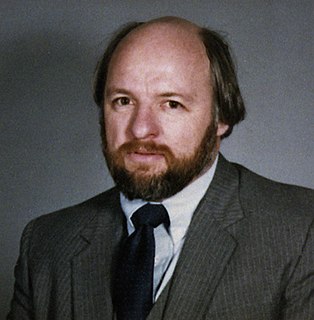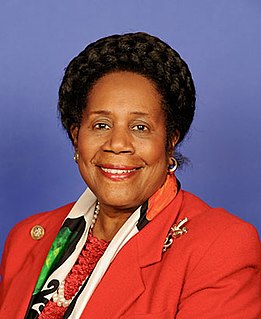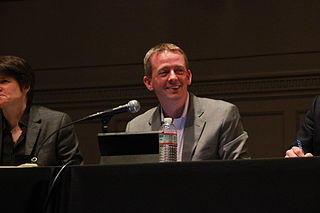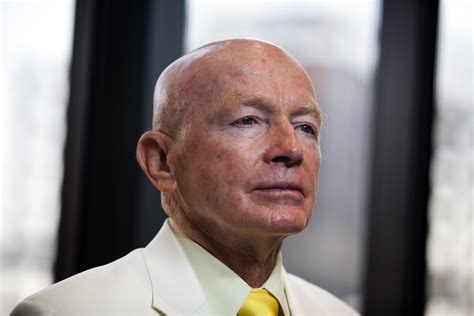A Quote by Mike Gallagher
Millions of Americans recognize the right of private businesses to donate to any cause they choose; that if one doesn't want to patronize a chicken sandwich business, one can certainly buy fast food anywhere they want.
Related Quotes
My new mission is, and I've said this to the White House, I want the Buy America to be real. I want the Buy America to be by small businesses, African American businesses, Latino and Asian, but in particular our African American businesses who heretofore couldn't even find the front door of government contracts.
Eric Schlosser's book on the economy and strategies of the fast-food business should be read by anyone who likes to take their children to fast-food restaurants. I shall certainly never do that again. He employs a long, cold burn, a quiet and impassioned accumulation of detail, with calm, wit and clarity. (...) Fast Food Nation is witness to the rigour and seriousness of the best American journalism, readable, reliable and extremely carefully done.
At no time have I ever said that people should be stripped of their right to the insanity of belief in God. If they want to practice this kind of irrationality, that's their business. It won't get them anywhere; it certainly won't make them happier or more compassionate human beings; but if they want to chew that particular cud. they're welcome to it.
America is the largest corporation on the planet. You wouldn't hire a novice to run a similarly sized company in the private markets. My father has created more jobs through his private businesses than certainly any of the candidates. Mitt Romney has executive experience, but it's a different type. He didn't run entrepreneurial businesses.
In 1970, Americans spent about $6 billion on fast food; in 2000, they spent more than $110 billion. Americans now spend more money on fast food than on higher education, personal computers, computer software, or new cars. They spend more on fast food than on movies, books, magazines, newspapers, videos, and recorded music—combined.




































